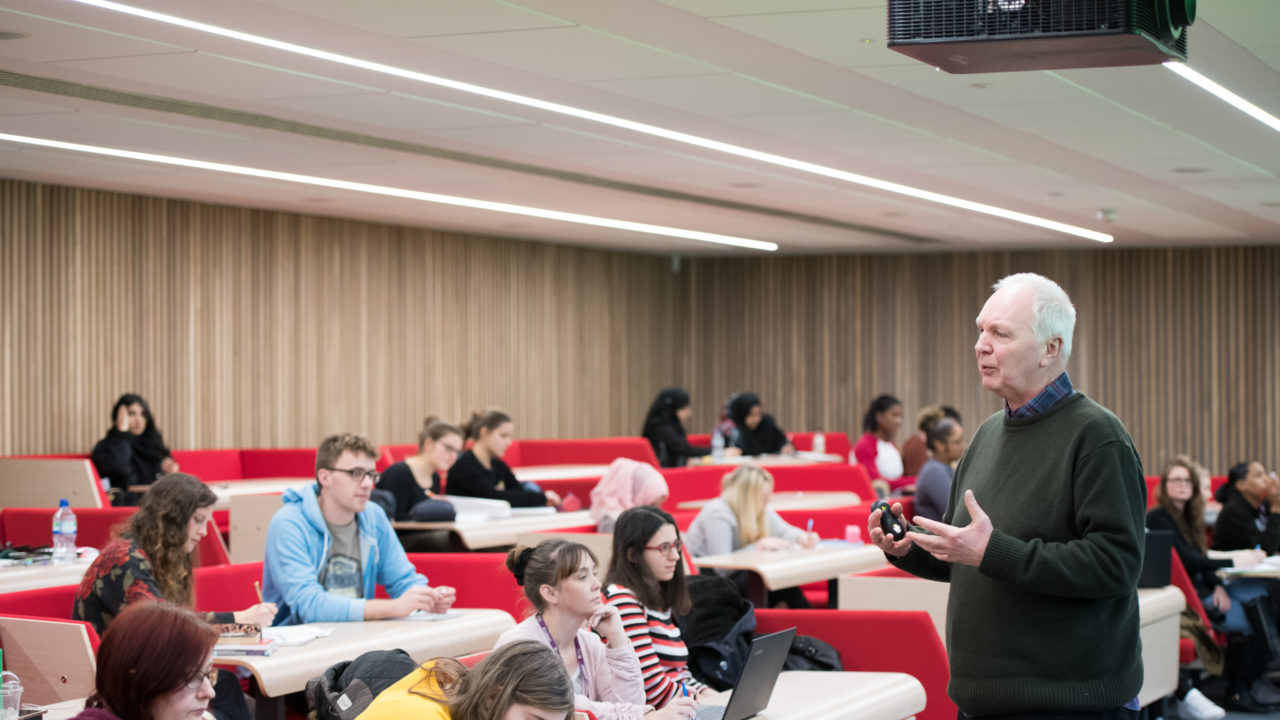Equality, Diversity and Inclusion
This module introduces the importance of equality, diversity and inclusion within professional practice by examining how and why children, young people and families can become socially excluded. The module encourages students to draw on their own expertise of their own cultures, to reflect upon their own value base in relation to equality and explore their role in developing an inclusive practice with a view to educating their peers to move away from privileged knowledge, and assumptions about the community in which we live and work.
Voice and Participation
This module focuses on developing an understanding of the need to work in partnership “with” the diverse children, young people and families to challenge deficit (and privileged) assumptions about those with whom we work. It will critically analyse different theories and approaches to multicultural voices and participation and begin to challenge the power that practitioners exercise when making decisions which affect children, young people and families.
Theory and Critical Thinking
In this module students will be introduced to, and put into practice, the academic study skills concepts of critical reading, critical thinking, critical analysis and theoretical application. To do this, students will be introduced to some of the key thinkers who have shaped the way we work with children, young people and families in the present day. Students will also understand what is meant by privileged knowledge/theory, why this can be problematic, and how to apply theory and critical thinking to explore decolonised lenses. Students will begin to apply “theory” to real world situations affecting CYPF and how to use these lenses to explain situations.
Representations of Childhood
This module explores the diverse representations of childhood across different cultural, historical, and literary contexts. It examines how childhood has been conceptualized and constructed in literature, media, and visual arts, highlighting the social, political, and ideological factors shaping these multicultural representations. The module aims to foster diverse critical thinking about the implications of these portrayals on our understanding of childhood and their impact on contemporary discourse and how privileged knowledge may be detrimental to others.
Human Growth and Development
This module will enable students to explore the stages human development through the life course from pre-birth to later life and death and will consider how the lives of individuals and families are shaped by physical and environmental factors. Students will reflect upon life course stages through the lens of their own diverse, lived experiences, and consider the implications of life course for practice in working with children, young people and families.
Working creatively
This module explores the use of creative approaches and methodologies in engaging with children, young people, and families. It aims to develop students’ understanding of how creative activities can foster positive multicultural relationships, support wellbeing, and address challenges within diverse family and community contexts. Students will engage with theories of creativity and practical strategies to inspire and facilitate meaningful participation and self-expression

